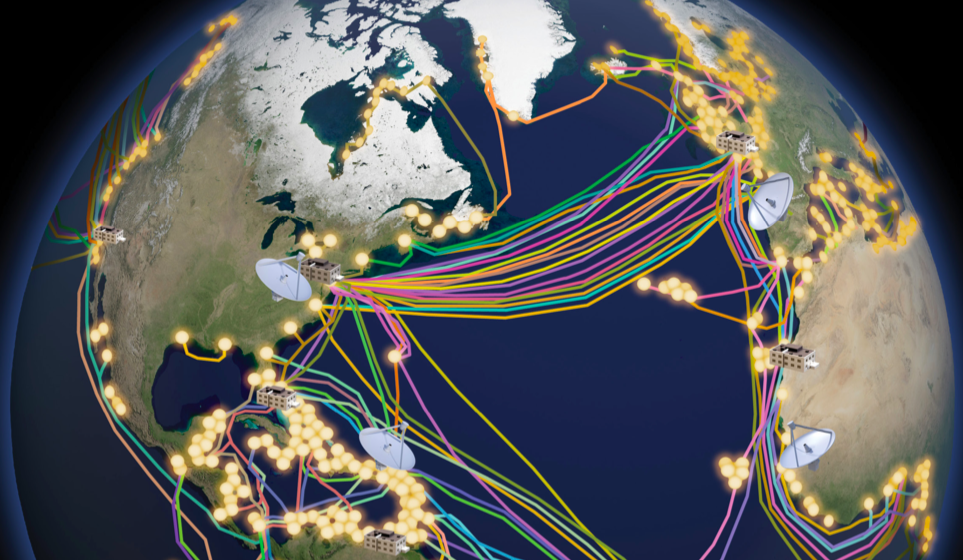Internet connectivity was disrupted in and around several East African nations on Sunday, leaving over 80 million users without connectivity. According to the Internet Observatory Netblocks, the incident was linked to failures affecting the SEACOM and Eastern Africa Submarine Cable System (EASSy) subsea systems.

EASSy cable, which is a vital 10,000km undersea line running along the eastern coastline of Africa, with landing stations in Sudan, Djibouti, Somalia, Kenya, Tanzania, Comoros, Madagascar, Mozambique, and South Africa has been affected by a cable break, 42kms from Mtunzini Cable Landing Station. Mtunzini CLS is the landing point in South Africa for SAFE and EASSy and is operated by Telkom South Africa.
Read Also: Users give their take as Google services fail
The Communications Authority of Kenya has directed service providers to take proactive steps to secure alternative routes for their traffic. ‘The East Africa Maritime System (TEAMS) cable, which has not been affected by the cut, is currently being utilized for local traffic flow while redundancy on the South Africa route has been activated to minimize the impact,’ the statement read in part.
Update: Press Release on Deep Sea Fibre Cuts Affecting Internet Services in Kenya.@ntvkenya @NationAfrica @citizentvkenya @KBCChannel1 @K24Tv @StandardKenya @PeopleDailyKe @TheStarKenya @CapitalFMKenya @Mugonyid @marywambui_m @MoICTKenya @EliudOwalo @ekisiangani pic.twitter.com/zuSpwhnIKy
— Communications Authority of Kenya (CA) (@CA_Kenya) May 13, 2024
Ben Roberts, the Chief Technology and Information Officer at Liquid Telecom confirmed the outage via his X account, further indicating the outage had also been caused by damage to SEACOM, a 17,000 km submarine cable connecting South Africa, Kenya, Tanzania, Mozambique, Djibouti, France and India.

Internet firm Cloudflare said on one of its X accounts that monitors trends that internet disruptions were ongoing in Tanzania, Malawi, Mozambique, and Madagascar as a result of faults reported on the East African Submarine Cable System (EASSy) and SEACOM cables.
The outage has caused widespread disruption and economic impacts across the region. Nape Nnauye, Tanzania’s minister of information, communication, and information technology said in a statement on Sunday the government had been informed by EASSy and SEACOM of disruption to the internet caused by a fault on the cables between Mozambique and South Africa.
Safaricom, Kenya’s biggest telecom operator, in a post on the X platform, said that it had “activated redundancy measures to minimise service interruption” after it was notified of an outage on one the of cables serving the country.
















